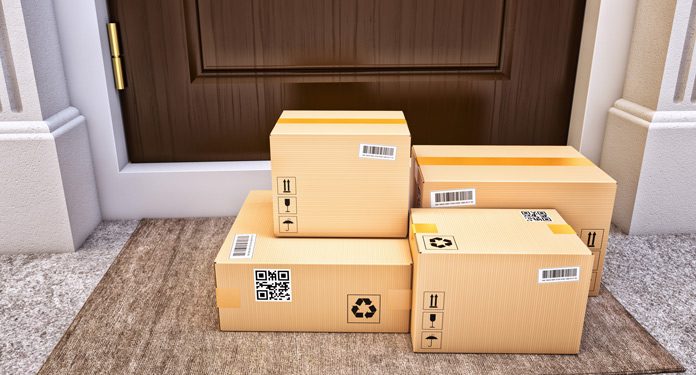When you’re starting a new business, it’s important to be prepared and know what to expect. If you’re planning on opening a delivery business, you want to start off the right way. You’re going to be spending a lot of money with this particular niche, so it’s very important to have an idea of what you’re in for. Aside from the financial aspect, delivery services require a lot of time and planning. In this article, we’ll be going over what to know about opening a delivery business.
Choose a Niche
People are very conscious about good and bad financial habits and some delivery services might not make the budget. There are many different, yet lucrative delivery niches you can choose from so think about solving a problem, offering a service that is a need. You might already be associated with fast food and grocery delivery, which are very popular and beginner friendly. However, that’s not all there is to the job. Here are a few other delivery niches for you to choose from:
- Flower delivery
- Wedding favors
- Laundry and dry cleaning
- Courier services
- Meal kits
- Bottled water delivery
- Furniture and assembling
- Landscaping
- Newspaper
- Moving services
Each niche listed here does come with its own unique set of requirements, so be sure to research until you find the perfect option.
Find Reliable Fleet Vehicles
You know how companies such as UberEATS and GrubHub get around so quickly? It’s because they have a trusty fleet to use. A fleet is a group of personalized vehicles used by a company to further their goals. Since you’re a delivery service, you and your other fleet drivers need the easy transport. To ensure that you find reliable vehicles for your service, our website can connect you to the vendors that can provide them. You can also use our resources to research on driver optimization
Used cars are often given a less than positive reputation because people think they’ll break down sooner than a brand-new car. But this isn’t really true, most used cars function just as well as a brand-new car. Granted, there are a few precautions you have to take beforehand. If you are buying a used car, get it checked out by a mechanic before purchasing it. Make sure the vehicle is roadworthy so that it will not break down while delivering food or supplies to customers. Your best option when you’re just starting out is to purchase a commercial van. This is important for storing your food items and other supplies. The cargo area is large enough to accommodate all your deliveries without having to worry about running out of room. Just remember to pack properly, so the merchandise isn’t damaged or destroyed.
Another thing we need to mention about fleet vehicles is the mandatory driver vehicle inspection report (DVIR). These are daily reports filled out by the driver to inform the company of anything unsafe or problematic occurring during their trip. It’s done to prevent your company from losing revenue and help you stay compliant. Every driver is obligated by the FMSCA to file this, so keep that in mind.
Make Sure You and Your Drivers Are Safe
As you’re driving your delivery vehicle, it’s important to be as safe as possible. This means maintaining awareness of your surroundings and staying alert for other vehicles on the road. Avoid distractions like texting while driving because it can greatly increase the chance of an accident. If you plan on hiring additional fleet drivers, make sure each of their vehicles are outfitted with the proper driving safety technology. You’ll need to install electronic logging devices, tachographs, dash cams and GPS tracking systems. In fact, any company with a fleet are required by law to implement the proper safety technology before any of their vehicles can hit the road.
Maintain Your Fleet
When you own a delivery vehicle, it’s critical that you maintain it. Regular maintenance is essential to running a successful delivery business, and keeping your vehicle in good shape will help ensure that you can still be on the road when needed. A great way to ensure every vehicle within your fleet is properly maintained is to invest in fleet insurance. This is a specialized type of car insurance where you can essentially put every vehicle you own on a single policy.
Remember You’re Liable for Your Taxes
Since you’re starting off as an independent contractor at first, you’re going to be held liable for your taxes. This is because independent contractors don’t receive a W-2 at the end of the year showing that it withheld money from your paycheck for federal income tax.





